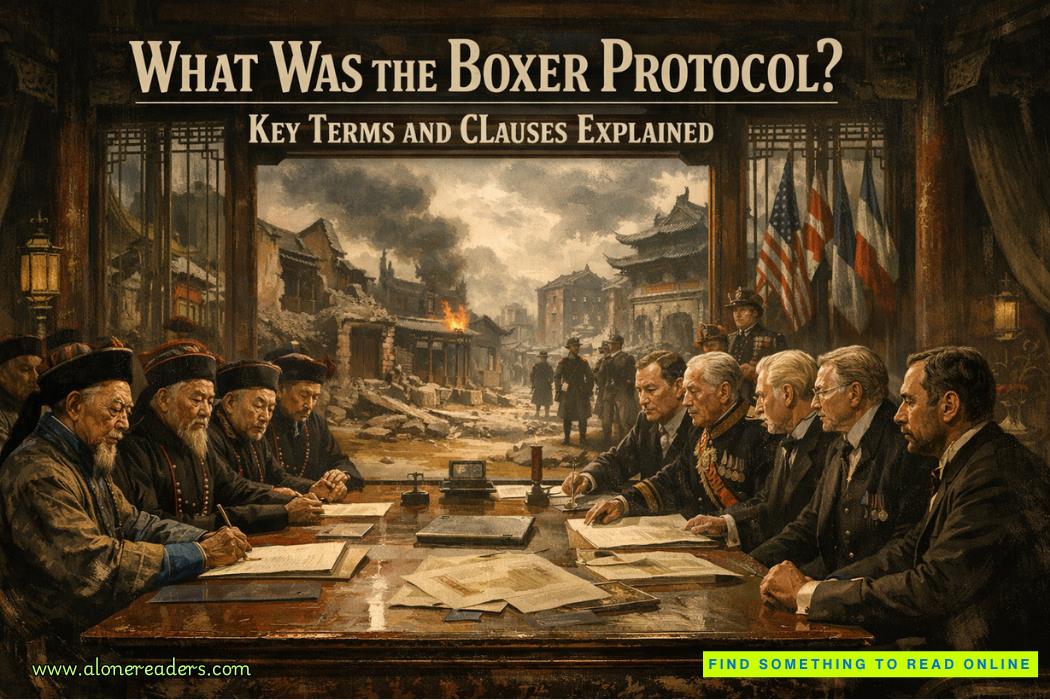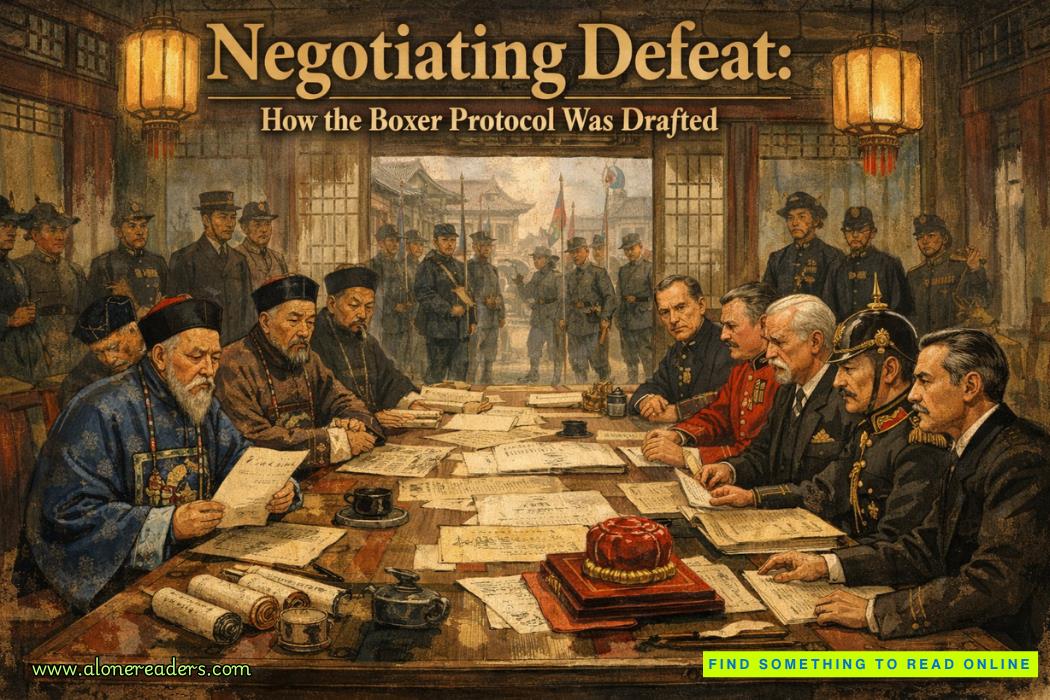“My solicitor,” he explained, “believes that we may in fact be legally wed.”
Somewhere in this recital, Winnie’s face had gone numb. Her fingers were wrapped in her hair. “Surely… not,” she choked. “I cannot—we cannot—that’simpossible.”
The man looked grim. “Indeed. I was only eighteen in 1811—still three years from my majority—”
Good heavens, she wasolderthan he?
“But Henry—my solicitor—is not certain whether my age in 1811 matters. If you would be willing to testify, under oath perhaps, that your banns were falsified, I’m certain we could have things put to rights—”
Her fingers found the doorknob behind her back. “And face criminal charges?” Her voice had risen slightly in pitch.
She could not go back to jail. Once had been enough. Without this man, she might still be there, hungry and cold and—
“No,” he said. “No, damn it. I don’t mean to—I don’t want that. Christ.”
“Can we not simply destroy the record I created?” she said, a trifle desperately. “I can steal it back from the rectory and throw it in the grate.”
“That might have worked, except”—an expression of chagrin appeared on his handsome face—“when your rector replied to us, he took the liberty of sending a fair copy to the Church of St. Mary le Bow as well. We’ve no way to tell how many church officials have seen the records by now.”
She blanched. “I suppose we cannot burn the records of every church from here to London.”
“Perhaps not.” His jaw tightened and then released, a quick throb of muscle. “My solicitor suggested that, if necessary, we might petition for an annulment.”
Oh dear God. An annulment. For theirfalsemarriage.
It was absurd. Ludicrous. What was there to annul? They had not married in the first place!
And yet—if they were to keep her forgery of the banns a secret, perhaps an annulment would be the quickest and simplest solution. As preposterous as it seemed, she supposed an annulment could be done quietly. Heaven knew, it would be easy enough to prove they had never resided together, nor shared a bed.
It was a ridiculous plan, and yet—and yet—
She thought it might work. In fact, an annulment could provide clarity to the Llanreithan villagers for what they’d seen today. An annulment could explain why her husband had appeared for the first time in a decade, only to promptly vanish and never be seen nor heard from again.
“How?” she said cautiously. “How do we do it?”
“You’ll have to come with me to London. To testify in Westminster.”
Oh God. Oh God, oh God, ohGod.
She could not do it. Someone might recognize her—might remember her connection to Eliza Wallace. Her mother had stolen three necklaces from aristocrats richer even than this one, necklaces Winnie still had in her possession, and which surelywouldget her jailed if anyone ever discovered them hidden away in her cottage and—
She froze, hand still locked around the cool metal of the doorknob.
Thenecklaces.
She still had them. She had fretted for a decade over what she might do with them—sell them, bury them, post them to an orphanage and let fatherless children like her own past self reap the misbegotten profits.
But suddenly, for the first time in ten years, a new option presented itself.
If she went to London with the Earl of Warren, she couldreturnthem.
Lord Warren was an aristocrat. He would know where the original owners of the jewelry lived: the Roxburys, the Brownbrookes, the Noakes. She would wrangle the information from him somehow—she could do it; she was her mother’s daughter—and then leave the necklaces on their blasted front steps. She could be rid, once and for all, of the ill-gained prizes from her mother’s final Season.
She would be free. Free of the decade-old guilt from her mother’s misdeeds.
And too, if the annulment could be procured, she would be free of her own damnable lie about Mr. Spencer Halifax.
She looked up at the earl. His gaze was fixed on her, cool and blue and considering. His hair was still dashed over his brow; his coat still smudged with muck from her own sheep.















